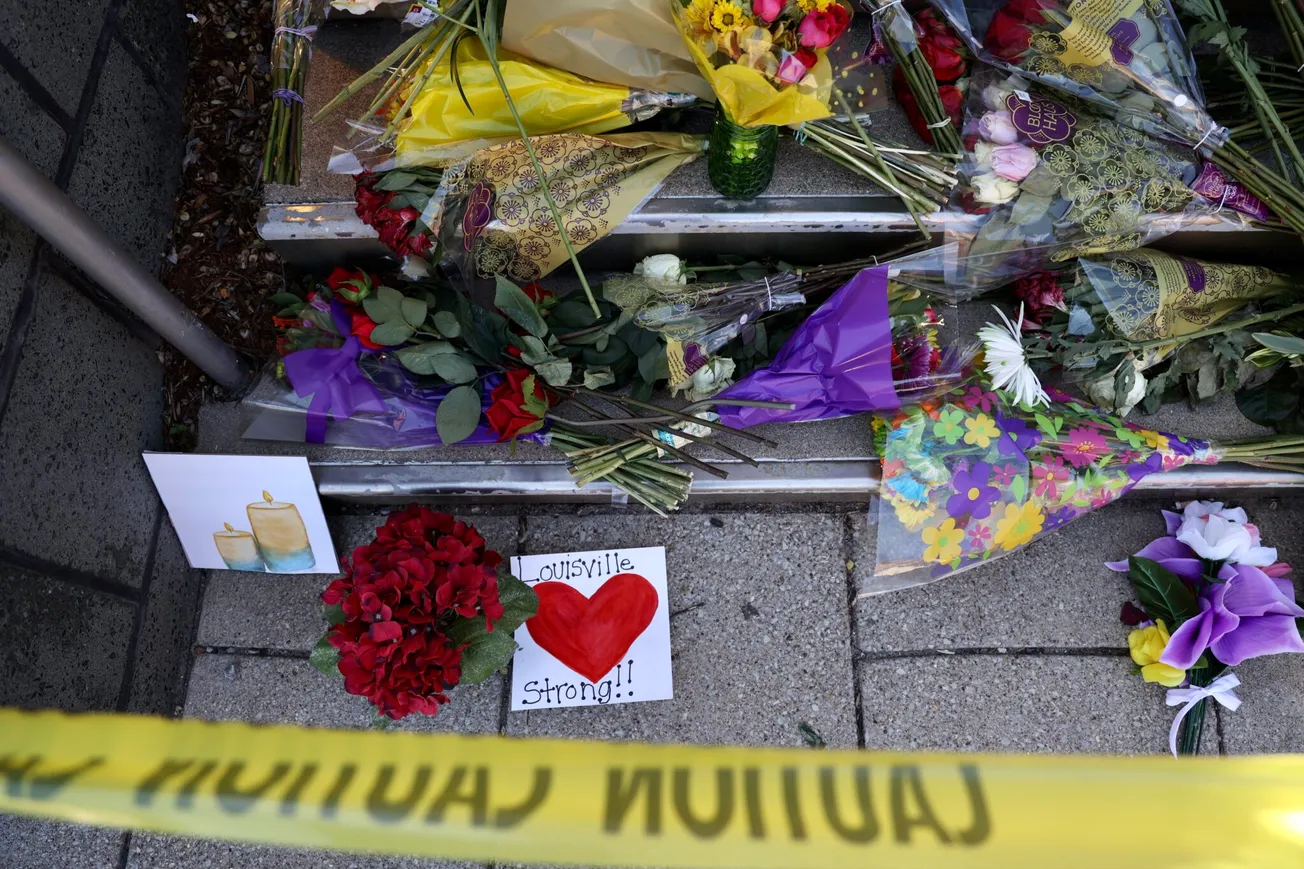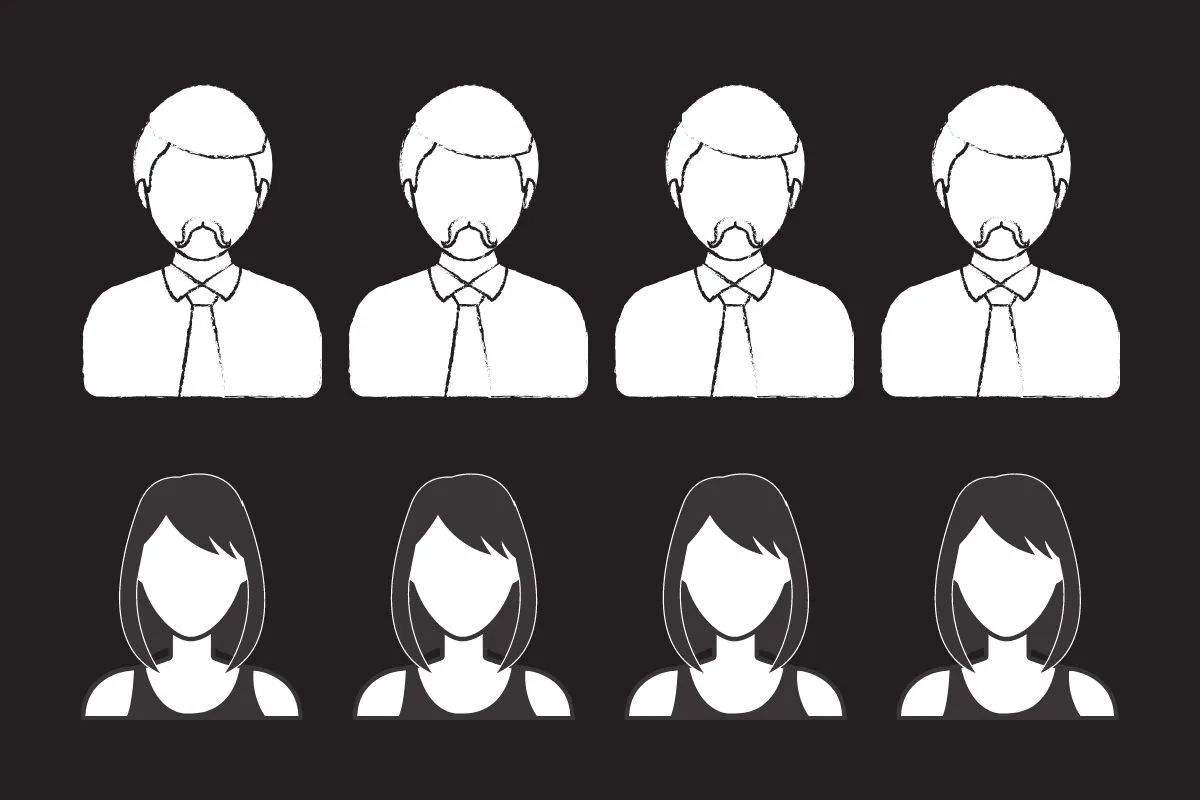The specter of despotism looms over the United States. President-elect Trump openly talks about using his powers to investigate, prosecute, and imprison his perceived opponents, while pardoning rioters who tried to short-circuit the peaceful transition of power in 2020. How should we resist this slide toward despotism?
A good starting place is to defend the long-established practice of separating the US Military from domestic law enforcement. When should we start? Now!
The Declaration of Independence refers to the “absolute Despotism” and “Tyranny” of the King of Great Britain as the reason for our American revolution. In the Declaration’s indictment of the King, the founders specifically addressed the King’s military involvement with domestic affairs:
- “He has kept among us, in times of peace, Standing Armies without the Consent of our legislatures.
- He has affected to render the Military independent of and superior to the Civil power.
- For Quartering large bodies of armed troops among us:”1
From our Revolution until the present day, examples of the military getting hijacked by would-be despots has been a too-common feature of our world.
Drawing from the hard-won wisdom of our Declaration of Independence and the sacrifices made on the battlefield, the Founding Fathers crafted the United States Constitution to prevent the President from wielding unchecked power akin to a monarch or tyrant.2 The Congress of the United States was granted the power to:
- Raise revenue
- Pay for the common defense.
- Declare war.
- Raise and support Armies and Navy.
- Make rules regulating land and naval forces.2
In other words, the President executes laws created by Congress, including military involvement in domestic law enforcement.
The Bill of Rights, comprising the first ten Constitutional Amendments, further curtails the federal government’s — and by extension, the President’s — ability to exercise arbitrary power. Specifically:
- The Second Amendment safeguards each state’s right to maintain its own militia.
- The Third Amendment forbids the compulsory housing and feeding of soldiers in civilian homes during peacetime.
- The Tenth Amendment stipulates that any powers not explicitly granted to the federal government by the Constitution are reserved for the states or the people.2
The Founders established the supremacy of the Constitution over the United States of America by binding the President, Congress, and the US Military through their Oaths of Office. The President swears to to “preserve, protect, and defend the Constitution of the United States against all enemies, foreign and domestic,” as written in Article II, Section 1 of the Constitution.2
Congress established the Uniform Code of Military Justice (UCMJ) in 1950 to regulate the behavior of military personnel. All enlisted military personnel swear an oath to support and defend the Constitution of the United States and to follow the UCMJ, instead of obeying illegal orders such as killing civilians or torturing prisoners.
There are several additional constraints on the use of the federal forces within the United States. The most prominent of these is the Posse Comitatus Act of 1878. The single sentence of this act prescribes that: “Whoever, except in cases and under circumstances expressly authorized by the Constitution or Act of Congress, willfully uses any part of the Army or the Air Force as a posse comitatus or otherwise to execute the laws shall be fined under this title or imprisoned not more than two years, or both.3
The President-elect avows that he will use the armed forces in immigration enforcement and deportation actions. The Armed Forces, however, are not trained in immigration law nor in the proper procedures of civilian law enforcement. Therefore, we should expect military personnel engaged in immigration enforcement to overstep their legal authority: (e.g., conduct illegal search and seizures or use racial/ethnic/linguistic profiling in arrests and detentions).
Past deployments of troops under the Insurrection Act also offer sobering examples of how miscommunication between law enforcement personnel and armed forces personnel can lead to alarming escalations in the level of force that is applied (i.e., the Los Angeles riots follow the Rodney King verdict).4 In one instance, miscommunication between marines and their civilian counterparts led to more than 200 bullets being fired into a house when a police team requested assistance which was understood as requesting suppression fire. Fortunately, no one was killed in the incident.
The President-Elect also promises to invoke the Insurrection Act to quash demonstrations and political protests. The Insurrection Act of 1807 authorizes the President to mobilize the armed forces to put down domestic insurrections. He repeatedly expressed his desire to invoke the Insurrection Act during 2020 to quash protests of the killing of George Floyd by Minneapolis police officers. He was dissuaded from doing so by both his legal counsel and his miliary advisers. But in 2025, he operates with the assurance of the Supreme Court that he cannot be prosecuted for any crimes that are committed while executing official acts of the United States. In addition, the professional staff that advised him in his first administration are being replaced with people for whom personal loyalty to Donald Trump overrides other considerations.
The unintended effects of deploying the military against civilian protestors and dissidents are myriad. The reputation of, and trust in, the Armed Forces among broad swaths of the American public are likely to plummet. In a time when the Armed Forces routinely falls short of its recruiting goals, recruitment and enlistment are likely to crater as well. This would seriously diminish national security and/or force the renewal of the draft.
The adage that an ounce of prevention is worth a pound of cure aptly applies to our situation. Once a nation’s military is bent to serve partisan interests it is exceedingly difficult to repair the breach. Established precedents are smashed, and a new precedent for the use of the military for political ends is set. Aspiring despots would likely be emboldened long after the current despot leaves the scene.
If we want to prevent a momentary authoritarianism from becoming a permanent despotism, we must act with speed to prevent this calamity. Please write your Senators to demand that they to do their duty and inform the President elect that he must not proceed down this path. We may find a more receptive audience for these appeals than one might expect. Some conservatives like Rand Paul have expressed strong reservations about voiding this tradition of separation of the defense being deployed against its own citizens.5
Now is the time to be proactive to preserve our freedoms by insisting that the wall separating the civil and defense functions of our government is retained.
--30--
Bibliography
- “Declaration of Independence: A Transcription”
- “The Constitution of the United States: A Transcription”
- Joseph Nunn (October 21, 2021). The Posse-Comitatus Act Explained. Brennan Center for Justice.
- James D. Delk, Fires & Furies: The L.A. Riots (Palm Springs, Calif.: ETC Publications, 1995), pp. 221-22.in
- Republican Rand Paul opposes using military in mass deportations. (The Hill, 11/24/2024)








